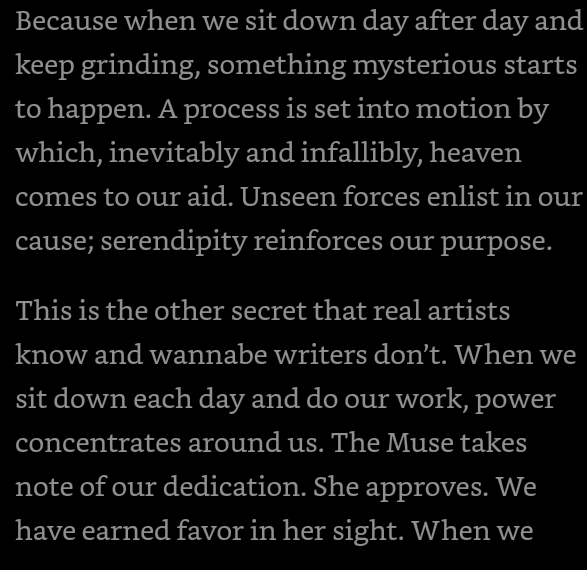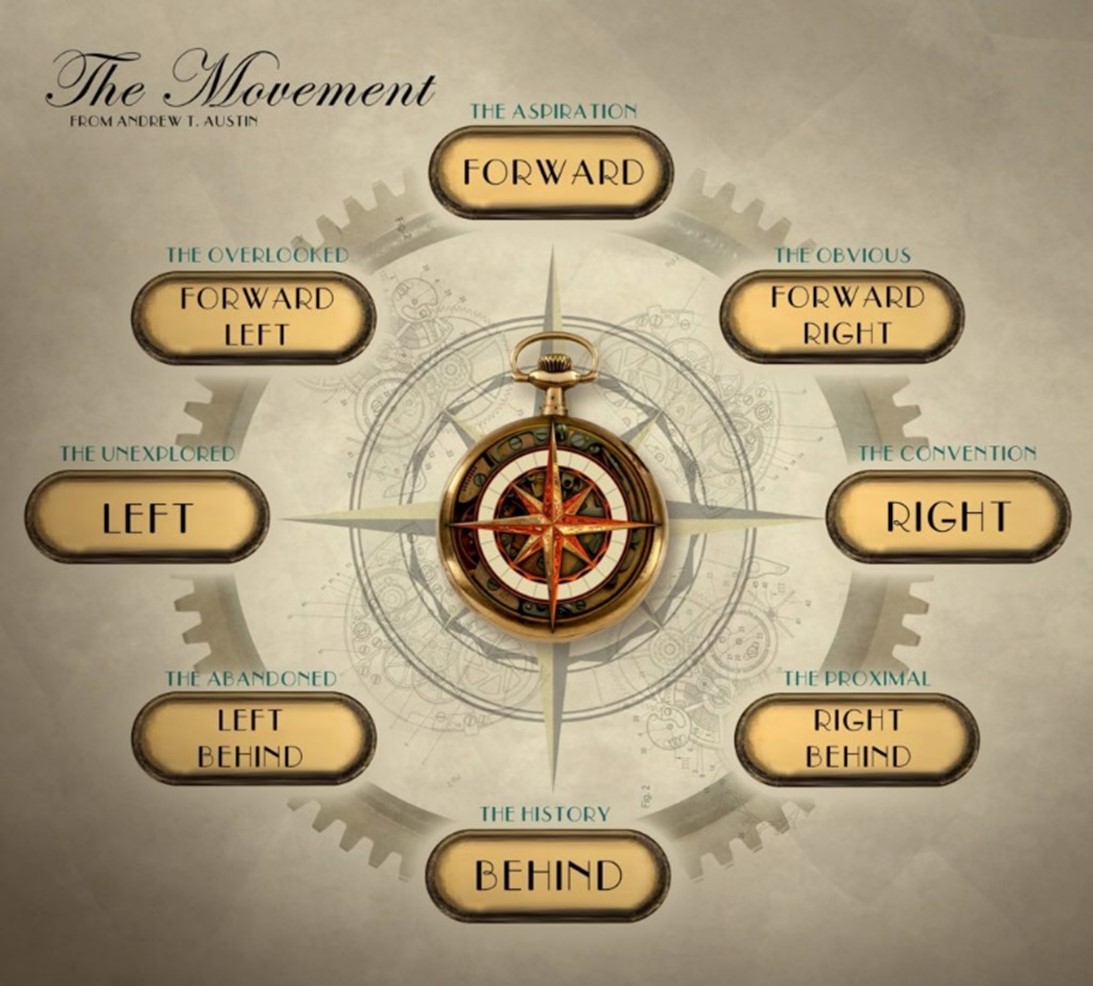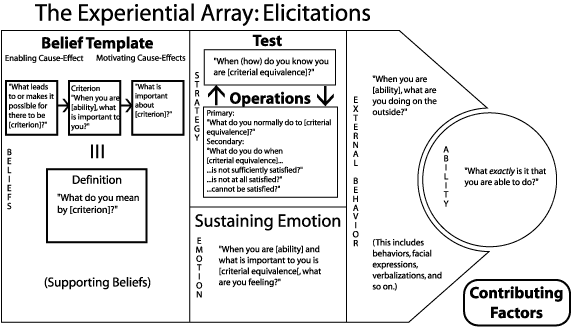
head of operations @monasticacademy
writing a 📖 on how to stop wasting your precious life
motivate yourself w/o shame or guilt 🔗👇
2 subscribers
How to get URL link on X (Twitter) App


https://twitter.com/mattgoldenberg/status/1783149008279482766
 courageous devotion - you are connected to what truly matters, the higher forces beyond yourself. you use courage and willpower, true shame and true guilt to overcome resistance to those states. you find true meaning in your devotion to something higher
courageous devotion - you are connected to what truly matters, the higher forces beyond yourself. you use courage and willpower, true shame and true guilt to overcome resistance to those states. you find true meaning in your devotion to something higherhttps://twitter.com/KapSlap/status/1785733173659263274

 we've taken significant steps in integrating dharma with technology
we've taken significant steps in integrating dharma with technologyhttps://twitter.com/TylerAlterman/status/1765037443533672687similar to people who only teach cognitive emotional strategies and habit work - people will have tools that they KNOW work but then at some point just drop them and never pick them up again

https://twitter.com/mattgoldenberg/status/1760426195831972256here are some central examples. the first from war of art, the second from the tools, the third from david goggins. these aren't cherry picked (this is a whole section of war of art and a whole chapter of the tools)






 And they're not content free! In the pics above, you have lots of experiences that tell you what sort of thing will happen after this pic is taken, and you don't like it. So your visceral intuition is warning you about that.
And they're not content free! In the pics above, you have lots of experiences that tell you what sort of thing will happen after this pic is taken, and you don't like it. So your visceral intuition is warning you about that.

https://mobile.twitter.com/ClaritySofy/status/1557932927257694208I've used it to help myself break through meditation blocks, earn money, and become more trustworthy. This method isn't perfect. Even if it was, my understanding of coaching usually lags ~2 years behind my practice of it. Still, this is the best process I know for lasting change.
